
Defence and aerospace
Defence requirements push your technology.
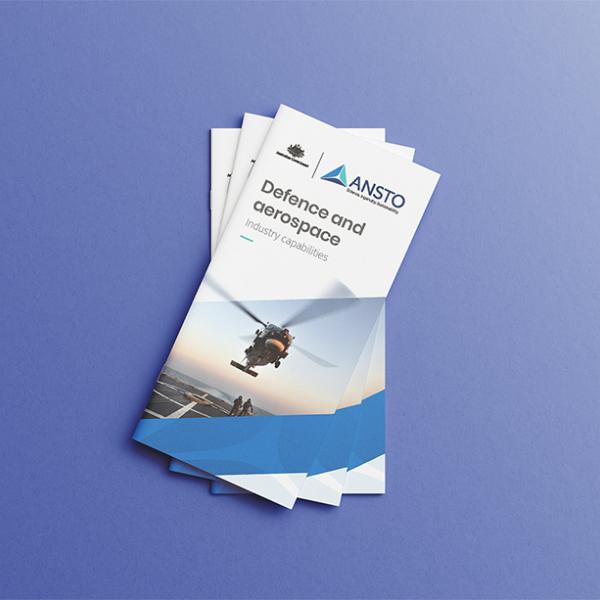
We can help.
ANSTO is home to some of Australia’s most important landmark research infrastructure – more than $1.3bn of it. Our unique capabilities are used by thousands of Australian researchers from industry and academia every year.
Drawing on more than sixty years of materials, engineering, and environmental research, since the days when it was known as the Australian Atomic Energy Commission, ANSTO has developed a unique set of facilities and expertise well aligned with the needs of the defence sector.
Read our Defence and aerospace brochure
Case Studies
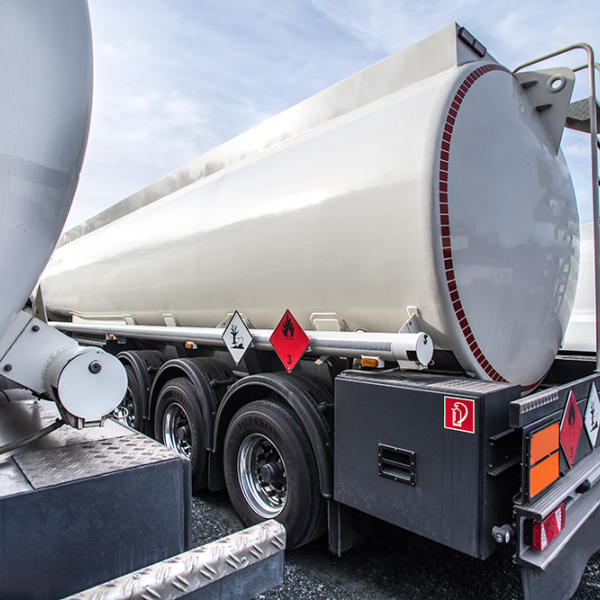
Critical weld failure
Challenge
Predict weld failure in critical components
Solution
Non-invasive residual stress analysis using neutron scattering
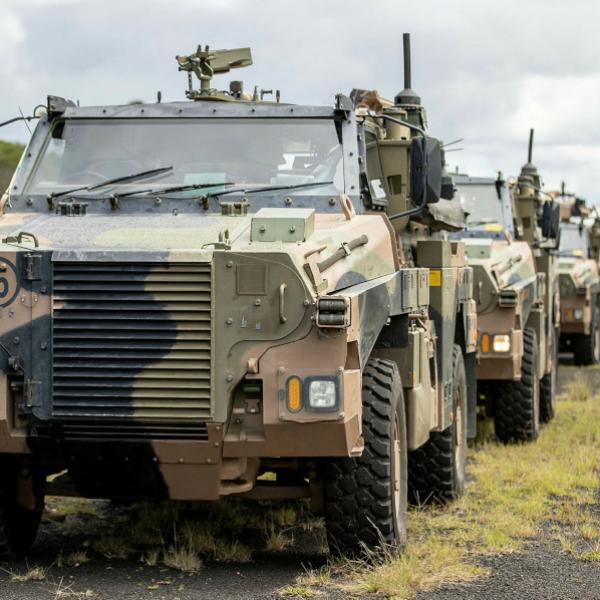
Modelling armour and blast resistance
Challenge:
Accelerate armour development
Solution:
Sophisticated computer and measurement-validated simulations
Engineering for critical components subject to unusual conditions is an area of expertise that ANSTO has developed as Australia’s authority in nuclear technologies and only operator of nuclear reactors.
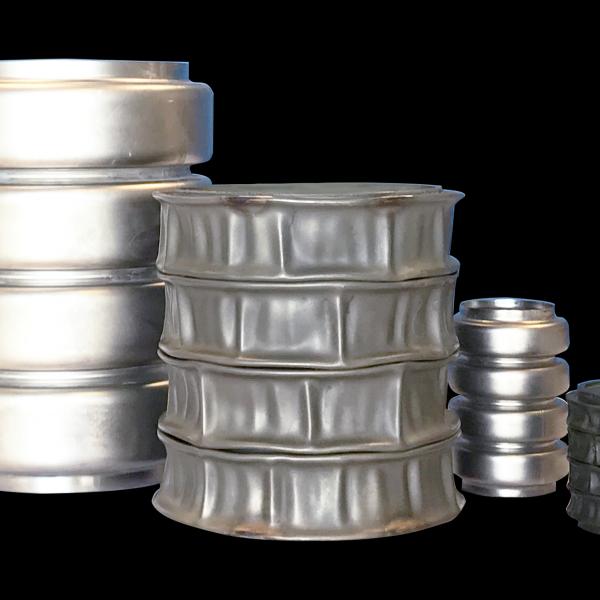
Advanced metal and ceramic components
Challenge:
Optimise strength in sintered materials
Solution:
De-voiding and densification with HIP process Synroc
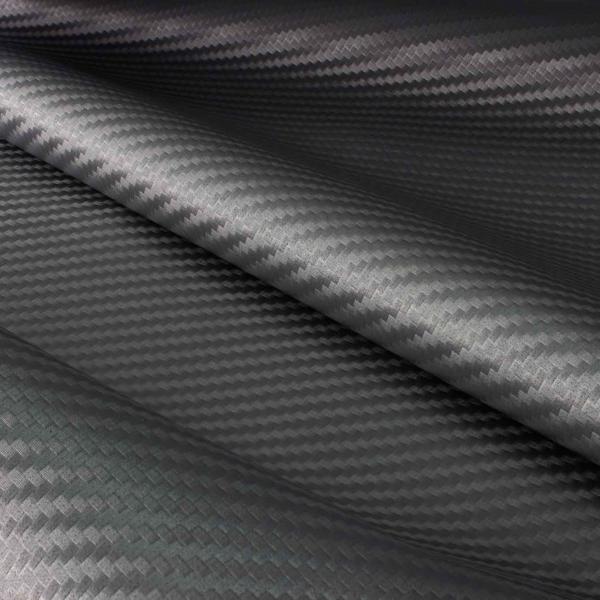
Carbon fibre manufacturing
Challenge:
Improve pre-carbonised fibre
Solution:
Synchrotron infrared mapping of carbon-nitrogen bonding
Manufacturing techniques for advanced materials require specialized knowledge and facilities not commonly available. ANSTO’s experience in developing SYNROC technology offers new solutions.
Manufacturing the most advanced piezoelectric materials for new SONAR applications or utilizing the most sophisticated Hot Isostatic Pressing (HIP) facility in Australia to strengthen 3D printed components.
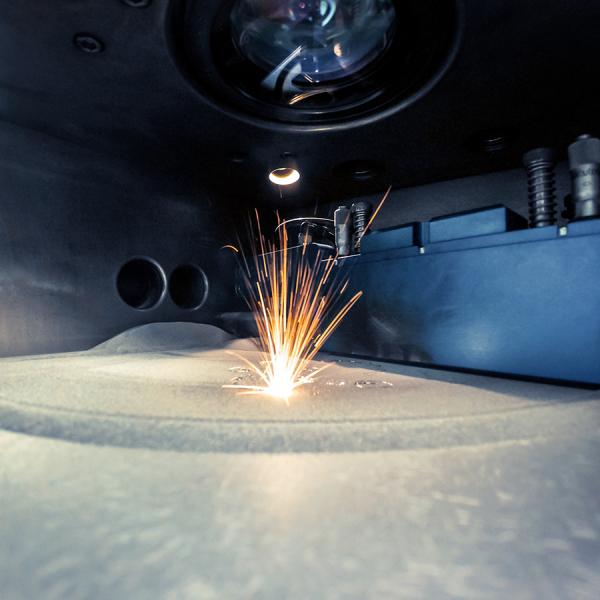
Laser cladding metal surfaces
Challenge:
Assess new process
Solution:
Synchrotron elemental mapping of alloy and parent metals in coating

Critical weld failure
Challenge
Predict weld failure in critical components
Solution:
Non-invasive residual stress analysis using neutron scattering
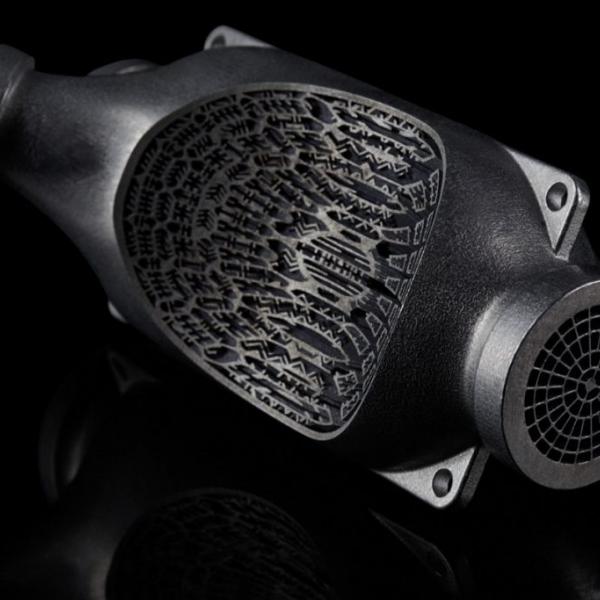
Complex 3D metal printing
Challenge:
Improve 3D print
Solution:
Synchrotron 3D X-ray imaging of part at micron resolution for non-destructive internal inspection and process optimisation
Materials at the most basic level define what a component can do and how long it will last. The Australian Centre for Neutron Scattering and the Australian Synchrotron can provide tools that can help solve materials-based problems when more conventional testing techniques are not enough.
Understanding why a polymer composite is degrading, how a metallic coating can be improved for longer life or when a complex 3D component build is failing can require the use of infrared, x-ray and neutron techniques.

Testing
Testing the resistance or hardness of electronic components and systems to different kinds of radiation to gauge their suitability for vehicles and satellites in low and high earth orbits - as well as deeper space missions.
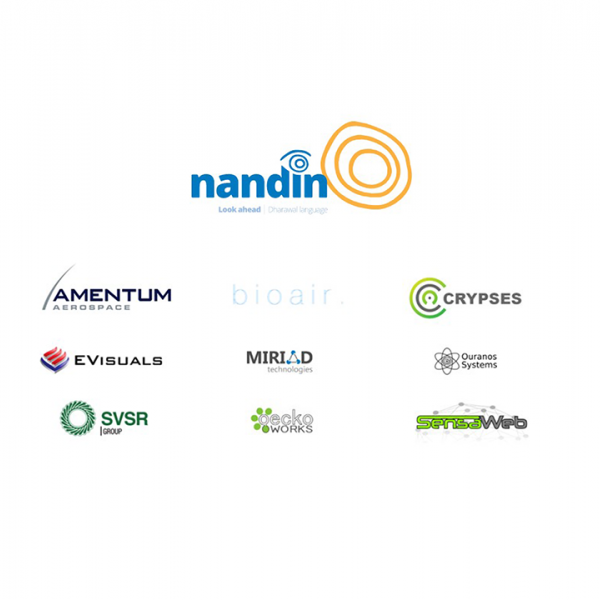
Collaboration
Collaboration with industry and academia is fundamental to our relevance. As an example, the ANSTO Innovation Precinct co-locates a community of industrial users with ANSTO infrastructure at Lucas Heights, NSW.
Nandin, the heart of the Innovation Precinct is home to a community of researchers, students and startup companies dedicated to a number of challenges relevant to the defence sector. To complement this, the newly-formed ANSTO Graduate Institute will further assist early career talent in Australia by co-developing graduate project proposals with Australian Universities.

Security
Security of intellectual property and the capability of accommodating higher security classifications are built into the structure of ANSTO.
ANSTO enjoys the best of both worlds – secure and ISO accredited research sites, as well as long-standing collaboration with DST, CSIRO and Australian Universities.
Enquiries
Have a question? Get in touch with our team.

Sandy Haig
